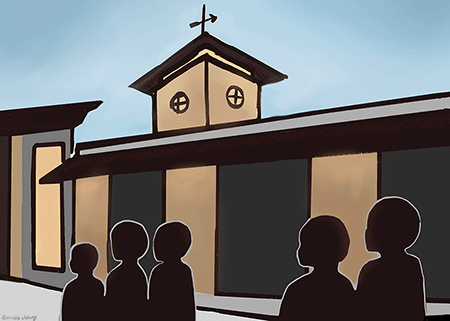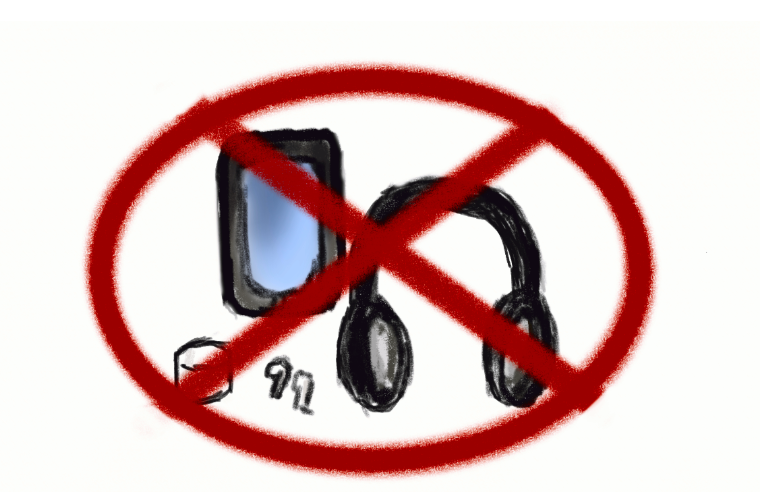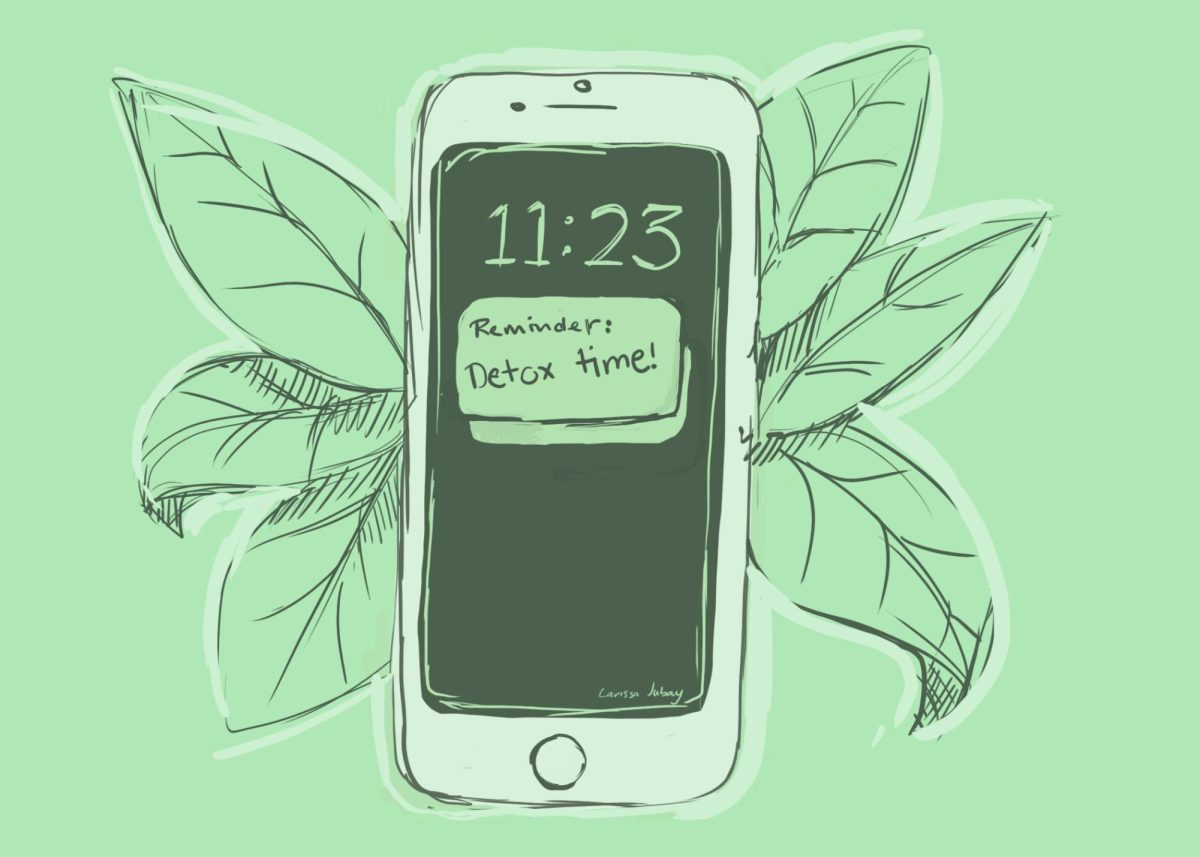Body dysmorphia can seriously mess with your mental health. And when someone dislikes their body. It can lead to eating disorders. I know this because I struggled with my body from a young age and had no one to talk to about it. This can harm your mental and physical health. In this essay, we will be talking about why people should have a space to talk about body image and eating disorders, how looks can be deceiving and we shouldn’t assume.
When you are not feeling good about your body, it can lead to disorders such as Anorexia or Bulimia. Even to the extent that you end up in the hospital. When you look into the article “Eating Disorders are Exploding, Hurting Adolescents Who Have Trouble Finding Care” by the Washington Post talks about the resources that people don’t have. In it, it says that “the limits on mental health care would intensify the risks of eating disorders for adolescents and young adults”. This shows how a lack of resources can worsen body image. So when people don’t have access to mental health care. They can’t get the needed help so they have to deal with all the judgment about body image. So it can lead to eating disorders because they feel isolated and don’t have a support system to talk about it with. So it highlights how important it is to have a support system.
With having body dysmorphia and an eating disorder your looks can be deceiving. People wouldn’t know that you struggled with it. There isn’t a certain way that someone looks when they have body dysmorphia or eating disorders. At the beginning of the article, it says “In one all-too-common example, adolescents and young adults with disordered eating habits or outright eating disorders often go unrecognized by both parents and physicians because their appearance defies common beliefs: they don’t look like they have an eating problem”.This shows that eating disorders in young people go unnoticed because they don’t fit the “ usual image” of someone having an eating disorder. This is why people shouldn’t assume and why people should have people to talk to.
The article “Let them eat… everything!” discusses people with unlimited access to food. However, it’s important to consider one’s well-being and how this would affect it long term. I’m not saying one has to eat very healthy, but one should have a balance in one’s diet.
People at school, homes, or places they trust should have a system where they can talk to people without being scared or just for a person to hear them out. This will help people not feel judged but feel supported. This matters because no matter how old you are or what you look like, you can still have body dysmorphia/eating disorder, and no one would know. But you should be able to open up about it without being questioned.
Sources:
Brody, Jane E. “With Eating Disorders, Looks Can Be Deceiving.” The New York Times, 27 July 2020, www.nytimes.com/2020/07/27/well/eat/eating-disorders.html?searchResultPosition=20
Miller, Lisa. “Let Them Eat … Everything.” The New York Times, 21 Apr. 2024, n www.nytimes.com/2024/04/21/well/eat/fat-activist-virginia-sole-smith.html
“Perspective | Eating Disorders Are Exploding, Hurting Adolescents Who Have Trouble Finding Care.” Washington Post, www.washingtonpost.com/health/eating-disorders-adolescents-pandemic-mental-health/2021/09/03/f86ccd5a-e8c4-11eb-97a0-a09d10181e36_story.html












